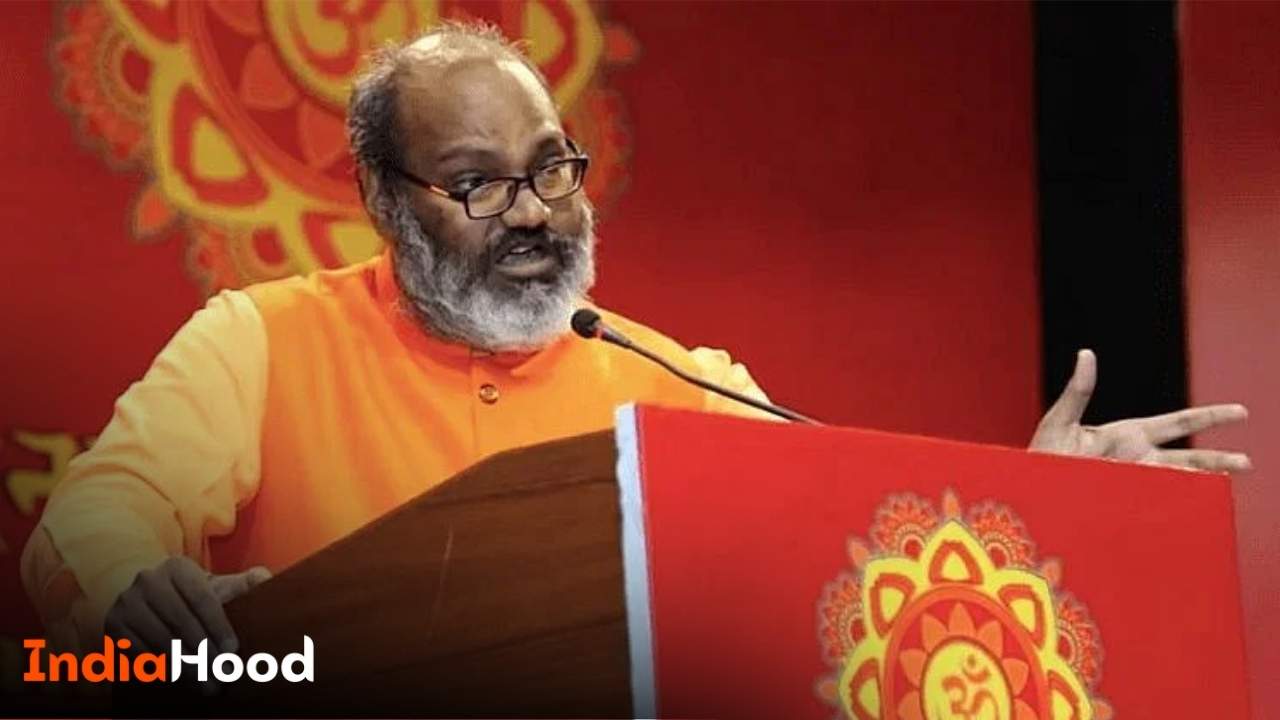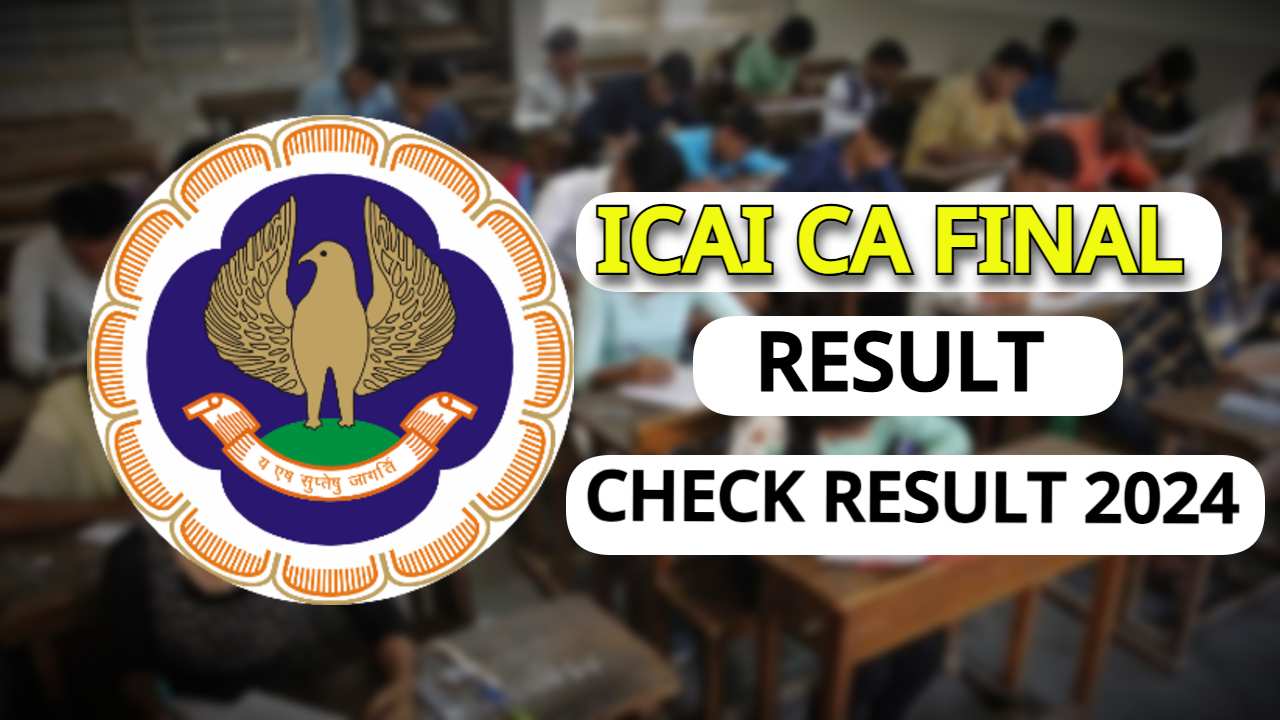Introduction
The controversy involving Yati Narsinghanand, a priest based in Ghaziabad, has escalated dramatically following his alleged derogatory remarks about Prophet Muhammad. This incident occurred during a speech before the Dasara festival and has incited widespread protests, legal challenges, and has become a focal point for discussions about communal harmony and freedom of speech in India.
Background of the Controversy
The turmoil began when Congress leader Mohammed Perwaiz Khan filed a formal complaint against Narsinghanand. The complaint included accusations stating that his comments were offensive and hurt the sentiments of the Muslim community. Consequently, the police in Nampally, Hyderabad, registered a first information report (FIR) against him under various sections of the Bharatiya Nyaya Sanhita (BNS) Act, particularly sections 196(1), 299, and 351(2), which address incitement and hate speech.
Outburst of Protests
Following Narsinghanand’s comments, protests erupted across multiple regions, notably in Jammu and Kashmir. Locals and various Muslim organizations expressed outrage, demanding Narsinghanand’s immediate arrest. The Muttahida Majlis Ulema (MMU), a coalition of various Muslim groups, denounced his remarks as blasphemous and called for accountability from the authorities, emphasizing the importance of preserving communal harmony.
In Uttar Pradesh, particularly Ghaziabad and Bulandshahr, protests took a violent turn. Demonstrators clashed with police, resulting in injuries to over 21 police officers due to stone-pelting incidents. In response to the escalating anger, law enforcement had to deploy additional resources to restore order in these sensitive areas.
Legal Consequences
The uproar has led to a surge in legal actions against Narsinghanand. An FIR was lodged by Asaduddin Owaisi’s All India Majlis-e-Ittehad-ul-Muslimeen (AIMIM) party in Hyderabad, pinpointing him for hate speech. They demanded the revocation of his bail rights, citing his previous offenses related to similar incendiary comments. The police have pledged to investigate thoroughly and address any objectionable content that may have circulated on social media pertaining to the incident.
Wider Social Impact
The backlash has transcended the Muslim community, as individuals from other religious groups, including Sikh community leaders, have joined in solidarity against Narsinghanand’s remarks. They have issued statements condemning his comments as divisive, advocating for the need to maintain peace within the religiously diverse fabric of India.
Prominent figures and activists from various communities have raised alarms over the implications of such hate speech, arguing that it poses a grave threat to social stability, peace, and unity across a nation characterized by its rich tapestry of religious beliefs and cultures.
Government and Public Response
The government has been urged to take decisive action against Narsinghanand, with political parties from across the spectrum demanding his arrest and stricter enforcement of laws against hate speech. This incident has reignited debates surrounding freedom of speech versus hate speech in India, particularly in the context of religious sensitivities.
Currently, Yati Narsinghanand remains a polarizing figure, and the implications of his remarks continue to generate significant unrest and legal scrutiny. As developments unfold, the situation underscores the delicate balance required to navigate freedom of expression while ensuring accountability and communal harmony.












